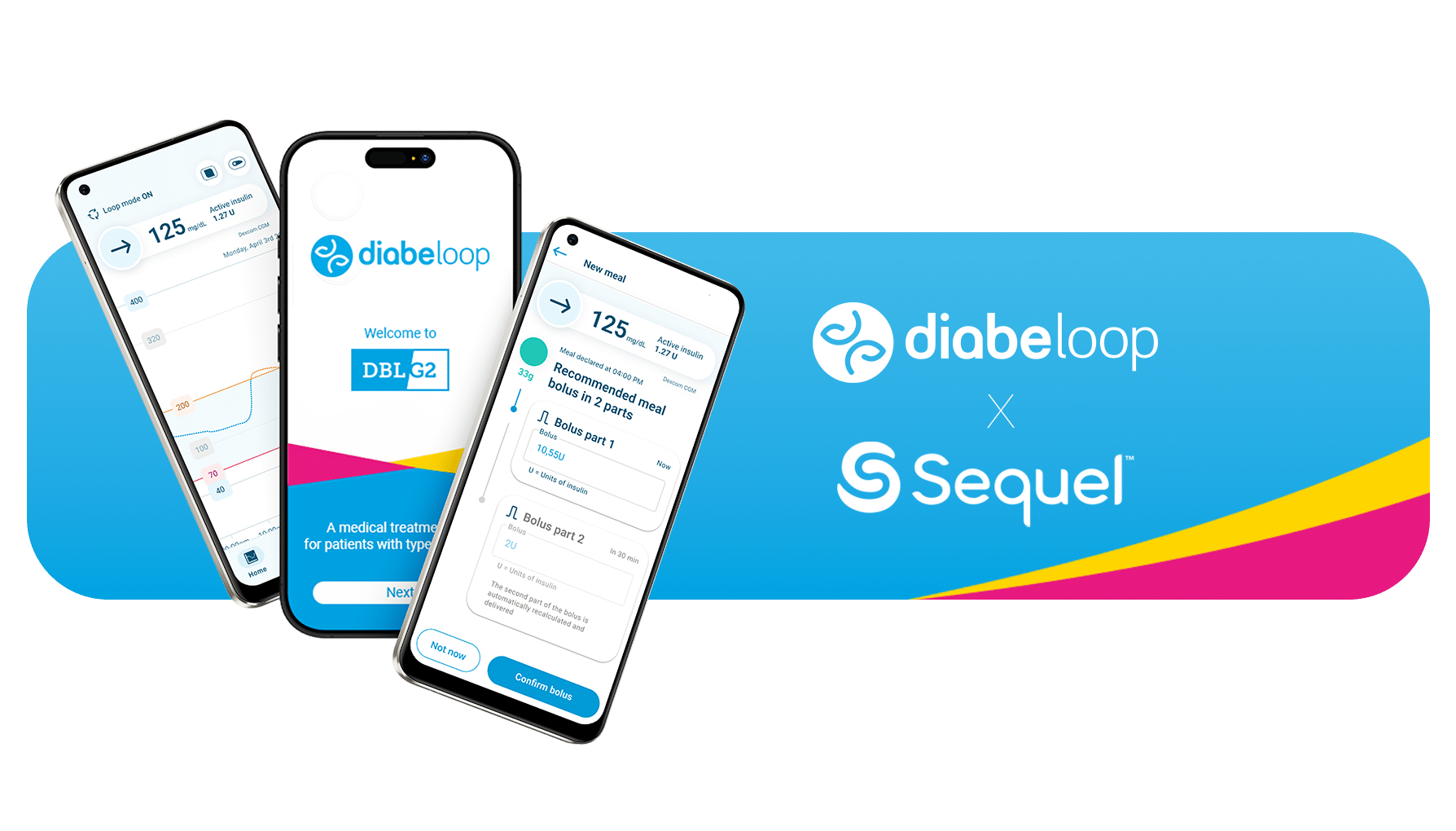Recap of ADA 2025: When Innovation in Diabetology Takes the Stage in Chicago
Our team attended the 85th Scientific Sessions of the American Diabetes Association (ADA) in Chicago — a must event for all those involved in diabetes research and innovation.
Date
Share

This June, our team had the privilege of attending the 85th Scientific Sessions of the American Diabetes Association (ADA) in Chicago — a must-attend event for all those involved in diabetes research and innovation.
And what an edition it was: stimulating discussions, inspiring encounters, and, above all, the opportunity to share our latest real-world data insights with the global scientific community.
🎓 Two Posters, Two Valuable Contributions to Understanding Type 1 Diabetes
At the event, we presented two scientific posters showcasing the capabilities of the DBLG1 system in the smart management of type 1 diabetes.
🧪 1. Glycemia and Insulin Sensitivity Factor: A Dynamic Relationship
The first poster, titled “The Relationship Between Glycemia and Insulin Sensitivity Factor,” is based on data from 11,200 adults living with type 1 diabetes using DBLG1. It highlights variability in the insulin sensitivity factor (ISF) depending on glycemic levels — a critical parameter in the functioning of automated insulin delivery systems. These findings underline the importance of dynamically adjusting the ISF based on glycemic context to optimize care.
🏃♂️ 2. Heart Rate, Physical Activity, and Glucose Prediction
The second study, “Impact of Heart Rate and Step Count on Deep Learning Glucose Prediction Models During Physical Activity,” explores how physical activity affects glucose prediction models. Using data from 561 patients equipped with the DBLG1 system, we examined how heart rate and step count can enhance predictive algorithms during exercise — a well-known challenge for people living with T1D.
A Step Closer to Smarter Closed-Loop Systems
These studies reflect a shared ambition: to make automated insulin therapy systems ever more intelligent, personalized, and responsive. By integrating physiological and contextual data, algorithms can make better-informed decisions — leading to improved glycemic balance in daily life.
Thank You, Chicago!
We leave ADA 2025 energized, inspired, and proud to have contributed to the discussions shaping the future of diabetes care. A heartfelt thank-you to our amazing team and to everyone we had the pleasure of meeting.
📍 See you in 2026 to continue transforming the lives of people living with diabetes — together.


